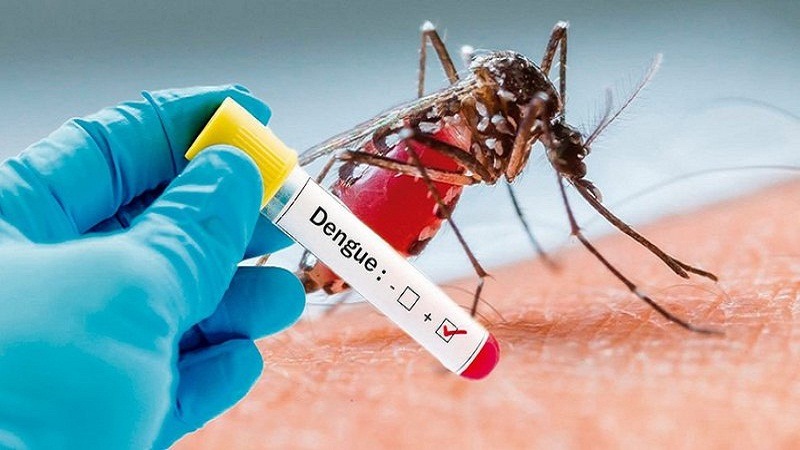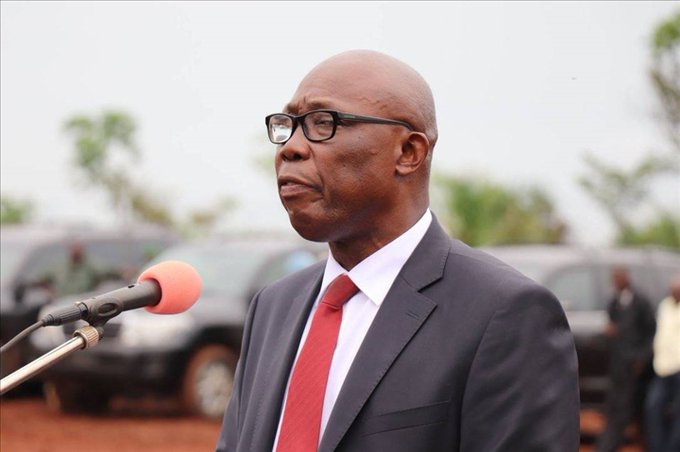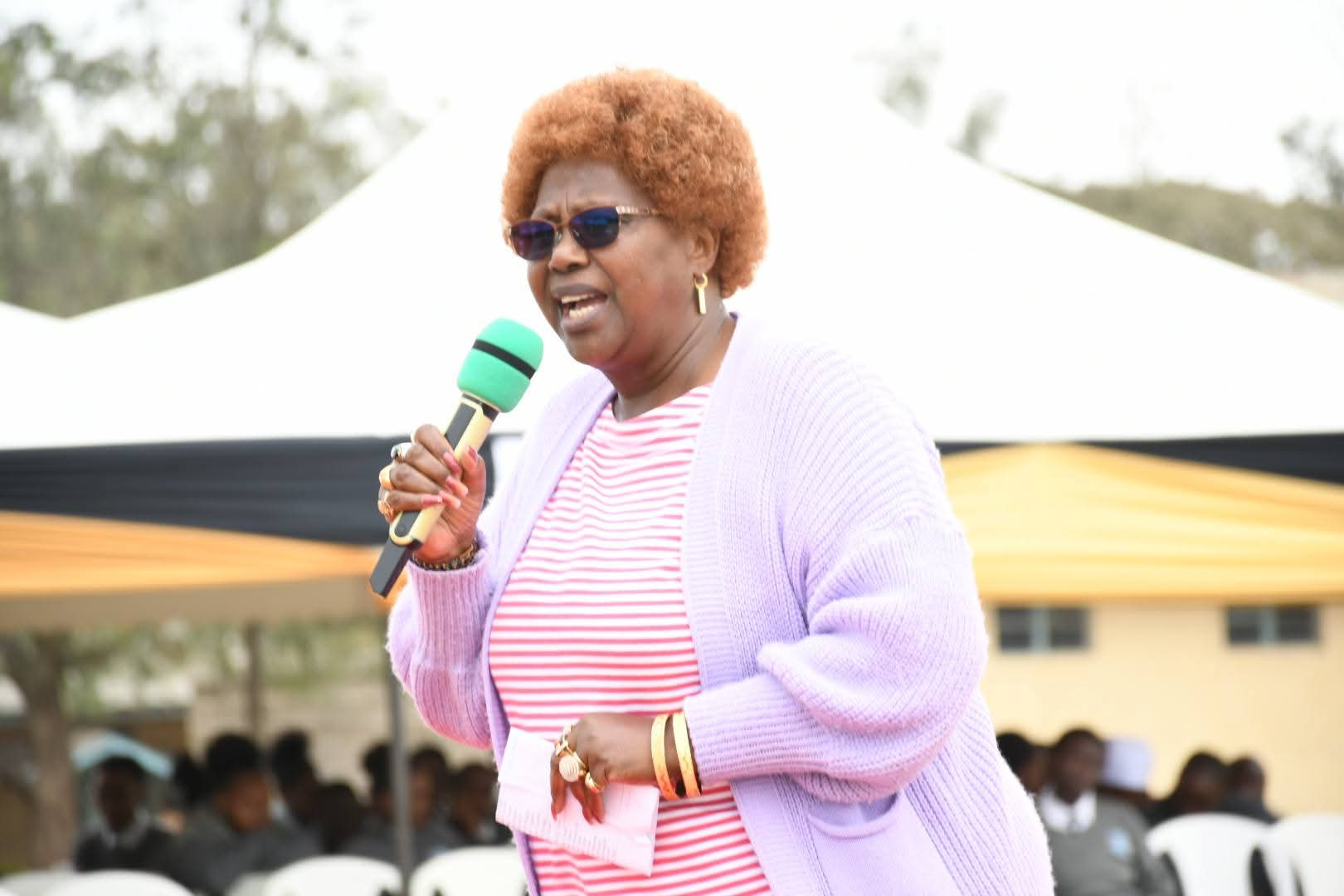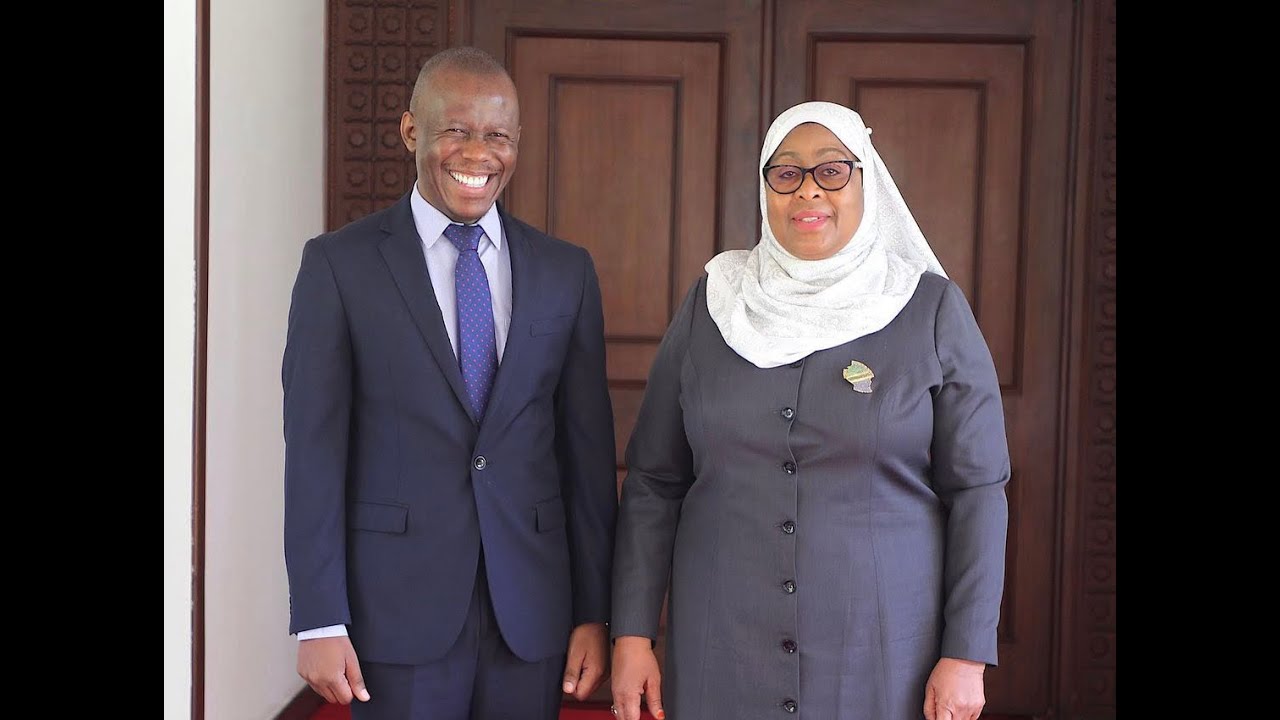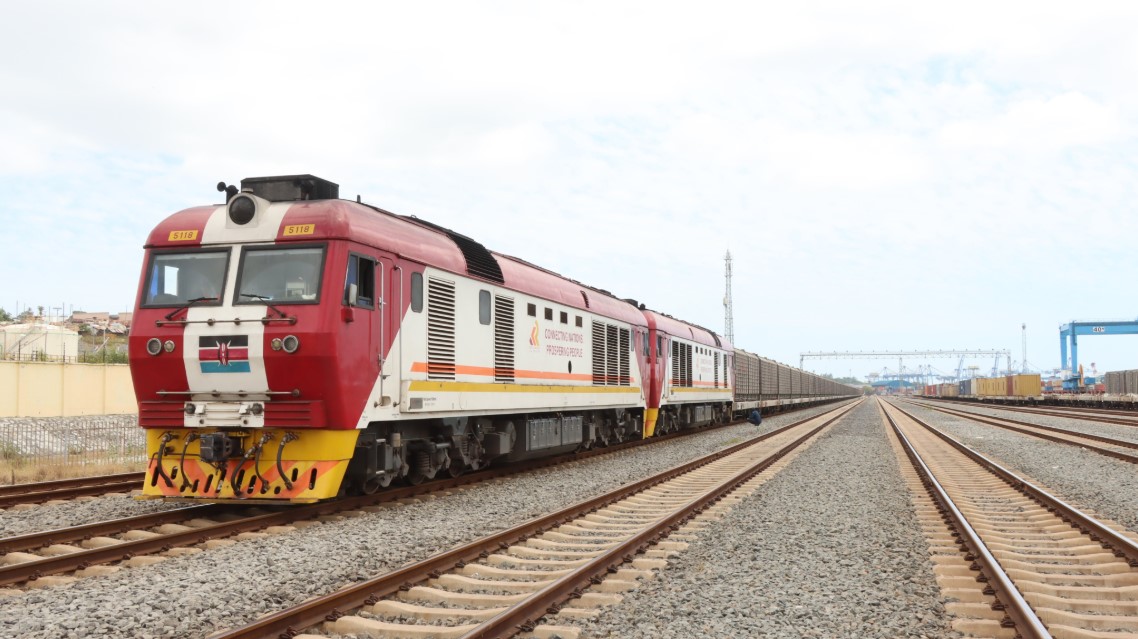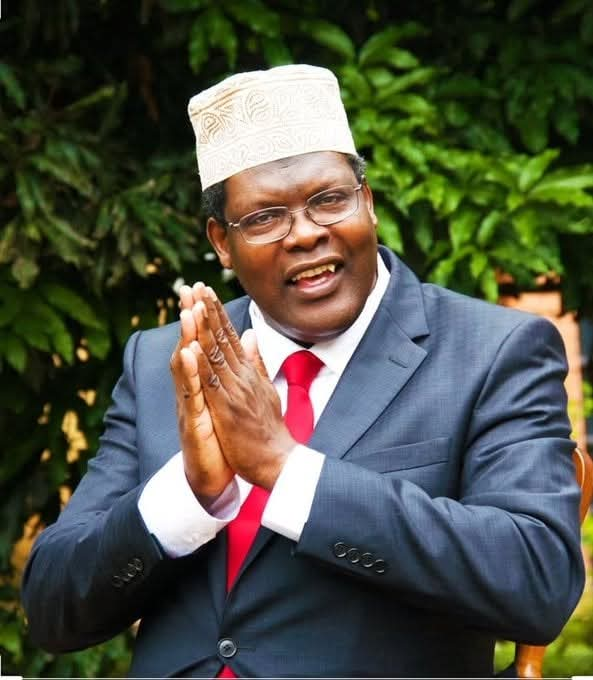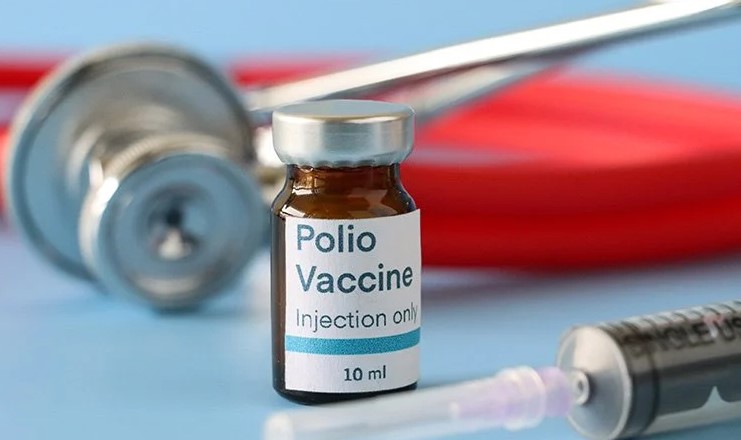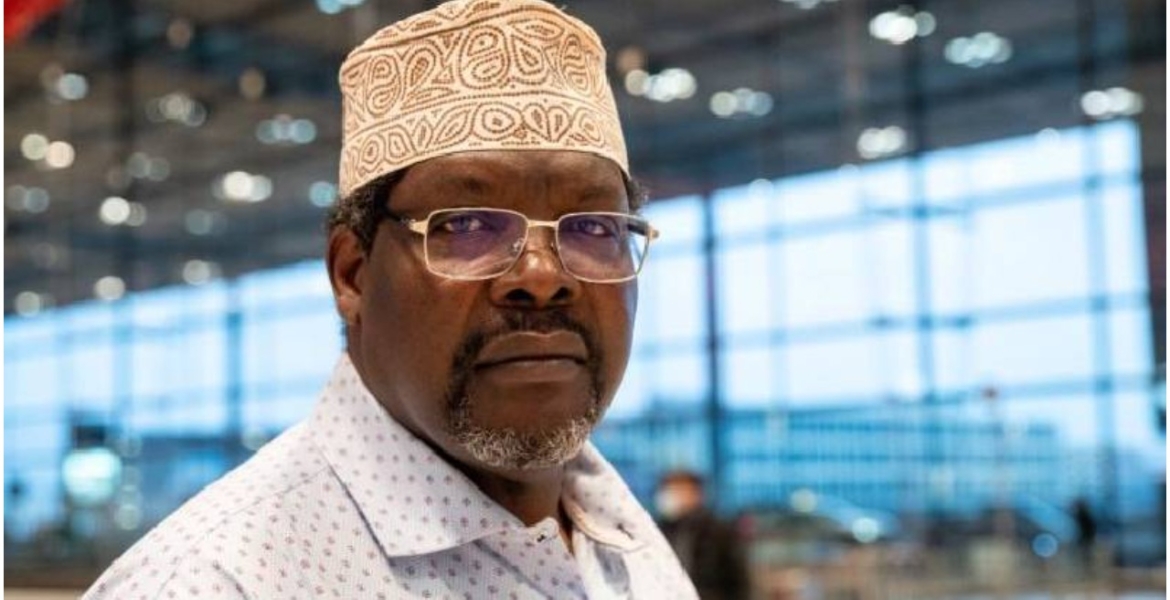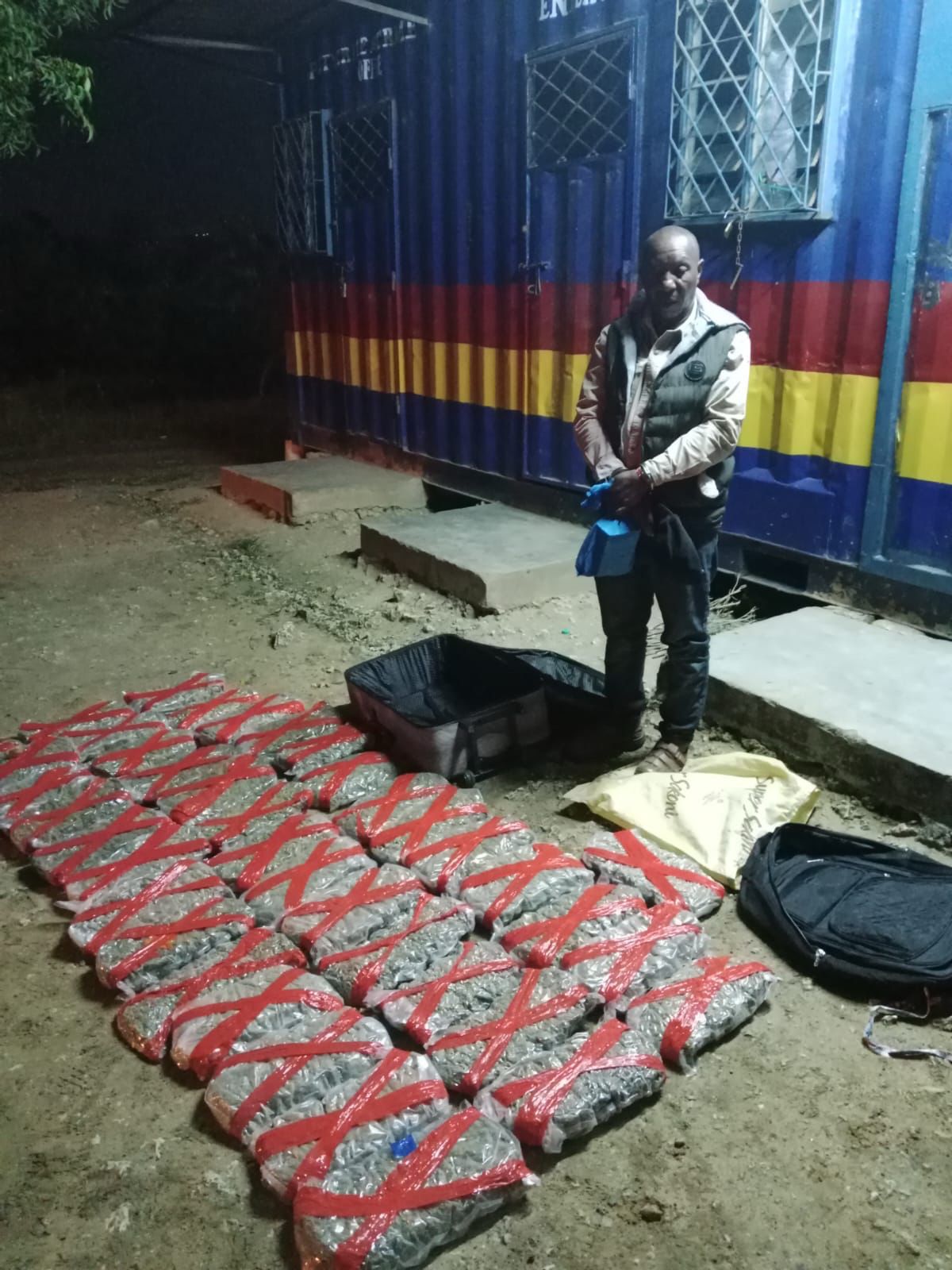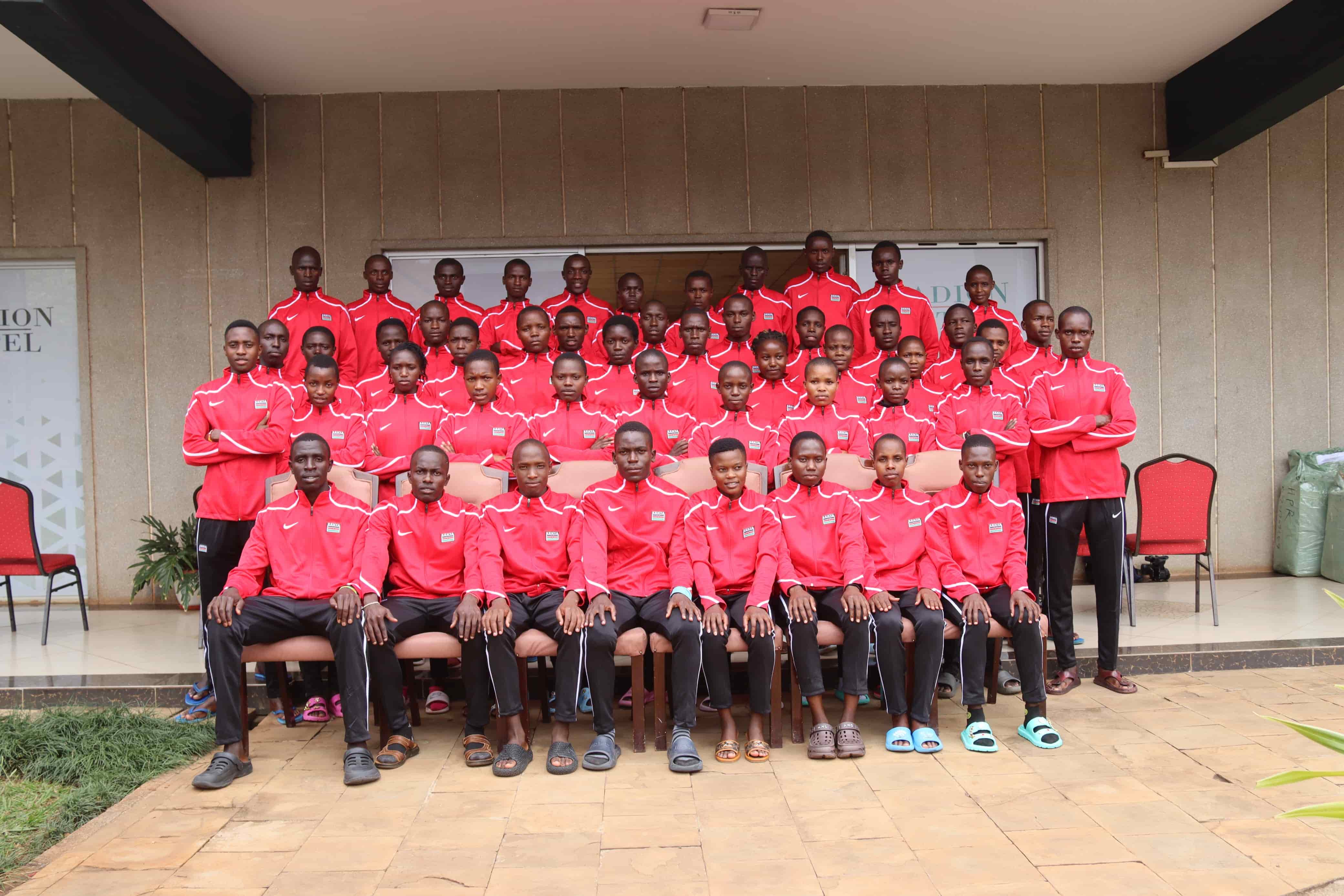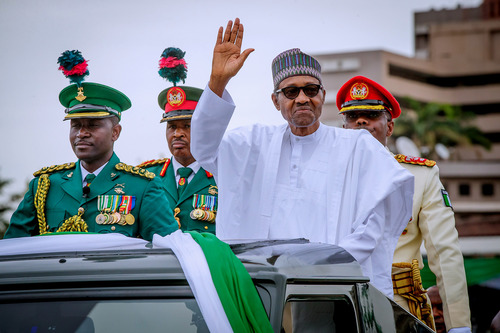Madaraka Day: Government writes off Sh110 billion sugar factory debts
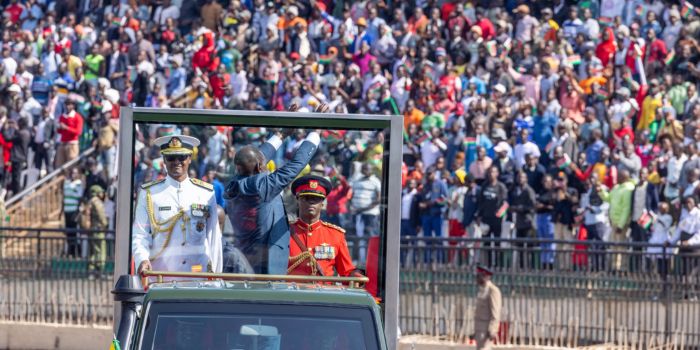
President William Ruto noted that the sugar industry is a highly strategic sub-sector whose value chains have been the mainstay of the local economies of Kenya's sugar belt, and a generator of much-needed jobs.
Cane farmers were relieved on Saturday by the president's announcement that it had written off Sh110 billion in sugar factory debts, which have accumulated over 40 years.
President William Ruto noted that the sugar industry is a highly strategic sub-sector whose value chains have been the mainstay of the local economies of Kenya's sugar belt, and a generator of much-needed jobs.
More To Read
- Sugar prices set to rise as new levy takes effect
- Senators summon CS Kagwe over leasing of state-owned sugar mills, demand full lease agreements
- Kenya Sugar Board threatens to cancel leases for investors who fail to meet guidelines
- Ruto to Kalonzo: Sugar farmers’ bonus comes from profits, not Treasury
- Sugar prices to increase following rise in excise duty on imports
- MPs strike deal on contested sugar reforms
He noted that his administration was firmly committed to ensuring it returns maximum value to all actors in its value chains, beginning with the initial and foundational entrepreneur: the cane grower.
"To accomplish this, we have implemented a number of radical measures: we have written off Sh110 billion worth of sugar factories' debts accumulated over 40 years," he said in his speech at the Masinde Muliro Stadium in Kanduyi, Bungoma County, where celebrations took place on Saturday to mark the 61st Madaraka Day.
Ruto also announced that the Kenya Kwanza government had approved the first tranche of funds for seed cane development, as part of a commitment to invest Sh2 billion into sugarcane development through state-owned mills after leasing is completed.
"I am proud to announce that the government has approved the first tranche of Sh600 million for seed cane development," Ruto said.
The National Treasury is expected to release the funds.
Ruto also assured sugar cane farmers of a new dawn in the sub-sector, which he said would include a new leasing model that would guarantee prompt payment for cane deliveries, timely wages for factory workers, and bonuses at the end of the year, the same as what other farmers have been enjoying.
He called upon relevant agencies to accelerate the review process and to incorporate proceeds from by-products.
In March 2024, the president outlined the government's plan to reform the sugar industry in Western Kenya.
While officiating the inaugural Kakamega International Investment Conference in Kakamega, Ruto said the reform process had three components: change of management, payments to farmers, and cane development.
He added that the process must reach a logical conclusion and that farmers must be freed from corrupt cartels, with the government setting aside sufficient funds to support them.
The president added that the management of sugar millers would be changed with the leasing of state-owned millers to private investors.
Top Stories Today




